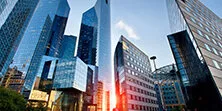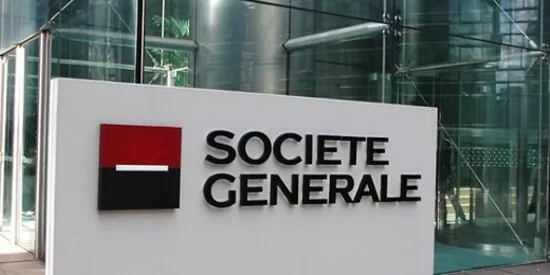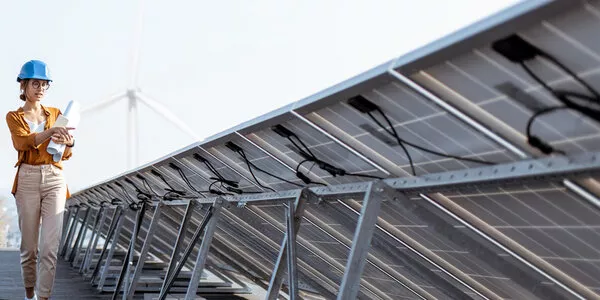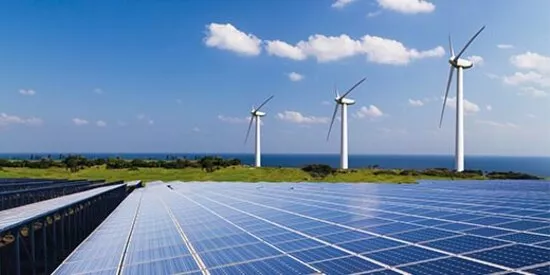
Building together 10 ecovillages in India
Renewable energy to water conservation, here is how 10 villages in rural India have walked the talk and are shining examples of what a community can do when it works together for a better tomorrow.
Sanjeevani Institute for Empowerment and Development (SIED) in a close partnership with Societe Generale has implemented and continues to oversee the project focusing on the integration of livelihood enhancement along with natural resource management. SIED’s developmental approach is drawn out of environment linked with the social strengthening of communities. In terms of integrating human labour and toil, livelihood means and environmental management, the project has for the last two years helped alleviate dependencies and made the villages resilient for the future. The tribals, who are known to protect their environment for generations, are now ensuring that the overall management is led by them along with creating enhanced means to earn their livelihoods. With these as guiding principles, the tribal and rural communities from a cluster of ten remote and hilly villages in the Sakri block of the Dhule district in Maharashtra are firmly progressing to reach their goals of sustainable and environment friendly development through a project supported by Societe Generale in India.
Some examples of the best practices implemented in the villages:
Water resource development

Geographically located in the poor rainfall and drought prone areas of Maharashtra, these villages face a water shortage crisis every year. Development linked with soil and water conservation and ensuring best water management has been implemented across 300 acres of land. These conservation initiatives have helped to raise groundwater levels and the villages have started to prosper.
Solar based irrigation systems for farming

The community is rurally located and largely dependent on agriculture as their source of livelihood. Affected by climatic variations and poor harvest, the community was unable to fulfill their livelihood and food security needs due to scarce water resources. For decades, the farmers had been using costly and environmentally hazardous diesel-based generators to meet their electricity requirement. SIED’s project aimed to promote high value agriculture by integrating renewable energy into the existing irrigation systems. About five such solar based irrigation systems have been installed integrating with drip irrigation. With the solar irrigation systems, the villages have eliminated their dependency of approximately 100 liters of diesel annually.
Biogas

Similarly, to address the dependency on fuel for food preparation, advanced technologies of biogas are being promoted wherein nearly 10 families receive clean energy for cooking their food, with the slurry being used as an organic fertilizer for crop and soil health management.
Some positive impacts of the project are:
With focused actions anchored by the communities, the project has been able to ensure a strong synergy between livelihoods and environment. Societe Generale’s partnership has helped in creating assets which are the building blocks for the future development in these villages. The project integrates to create desired development in the areas of Agriculture based Livelihood, School Education and Sanitation and provision of Clean Drinking Water in an environmentally friendly and sustainable way. As part of the educational curriculum, the children are taught the importance of our environment, harvesting renewable energy, alternate sources of clean energy and efficient management of natural resources. Today this cluster of transformed independent villages is a role model for building water harvesting resources, adapting to improved agriculture methods, promoting renewable energy, sanitation of facilities and education. Protections of existing trees, planting of new trees, creation of new water storage structures and repair of the existing ones is encouraged.
One can easily notice the difference in this cluster with other villages. Here we can see adequately preserved water reservoirs, newly introduced vegetable and floriculture crops, green paddy fields. The project has benefited more than 1,000 small and marginal farmers, 312 children with better education and helped create menstrual awareness among 1000 women trained to impart this knowledge to future generations. These tribal communities care for the environment and in turn reap the benefits of their efforts, making use of every opportunity available and with the support of Societe Generale, have helped revive their lives.
This Societe Generale supported project is actively contributing to the SDGs - SDG.01.No Poverty, SDG.02.Zero Hunger, SDG.03.Good Health and well-being, SDG.04.Quality Education, SDG.05.Gender Equality, SDG.06.Clean water and sanitation, SDG.13.Climate action. The project is also actively contributing to ‘Transforming our world: the 2030 Agenda for Sustainable Development’ which comprehensively covers social, economic and environmental dimensions of development and focus on ending poverty in all its forms and dimensions.
This project helps shine a light on how CSR can transform rural villages into sustainable model villages. A profound change has been made, and Societe Generale is proud to help transform the village into a sustainable and an inspirational model.
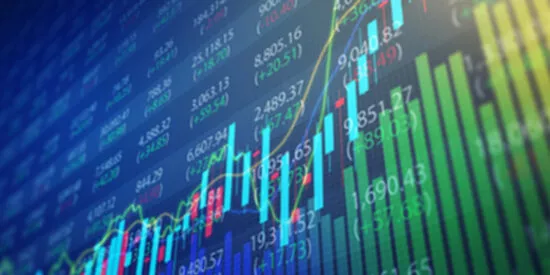
インフレ復活は日本経済をどう変えようとしているのか
日本はこの2年余りの間に、30年間も続いたデフレから完全に脱却したかにみえる。2022年をゼロ%近辺でスタートした消費者物価は上昇ペースを上げ、昨年初めには4%超のピークを付けた後、現在3%弱の水準にある。

